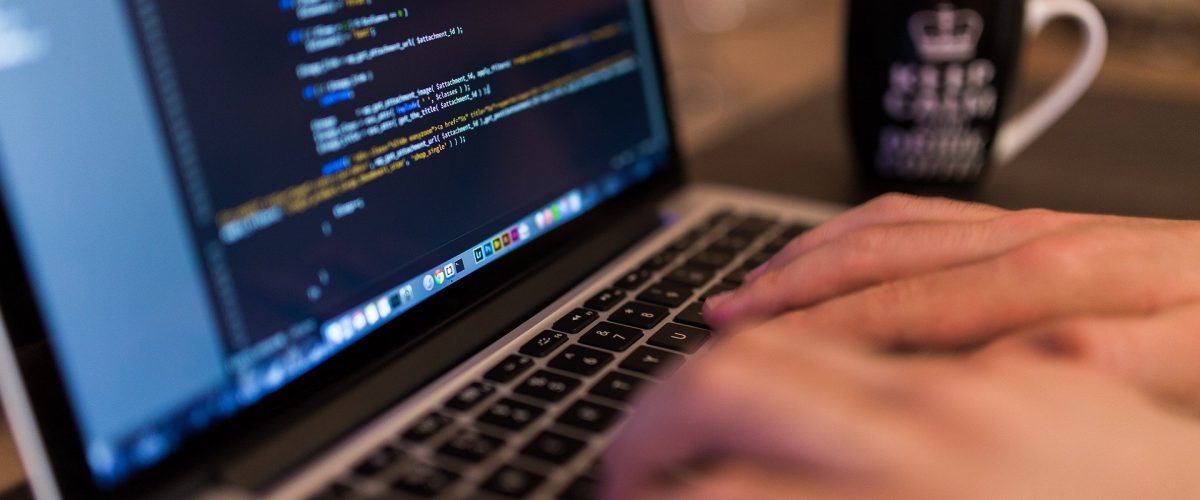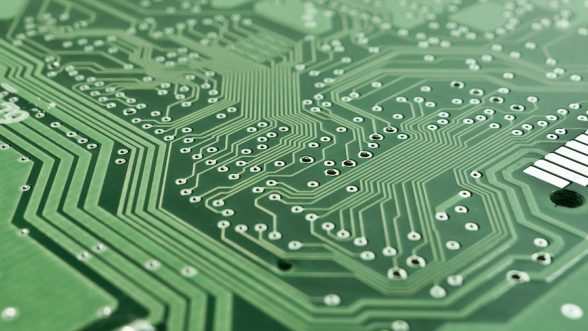
COVID-19 has had significant impacts on our community. Many of us may be wondering: what can I do to help? Did you know that you can lend your computer’s processing power to a project called Folding@Home in an effort to understand the virus? Here is how it works and how you can get involved.
How to Lend Your Computing Power to the Fight Against COVID-19
By downloading and operating the Folding@Home software, your computer will use simulations to help understand COVID-19. The program examines proteins, which are molecular machines that perform functions we associate with life. Viruses have proteins they use to suppress our immune systems and reproduce. By examining these proteins in the coronavirus structure, we can deduce how they work and develop therapeutics to stop them. Seeing the protein in action through the simulation allows us to capture information that is inaccessible otherwise.
Computing volunteer practices like this one have been around for years. Examples include the Search for Extraterrestrial Intelligence (SETI) project funded by NASA and various health-related research (e.g., cancer treatment, Alzheimer’s, Parkinson’s diseases, and Huntington’s diseases).
Computer simulations often require extensive computing power and billions of simultaneous calculations. Folding@Home in an initiative that allows you to lend your graphics processing unit (GPU) to put your computing power to work towards finding a solution. “Insights from this data are helping scientists to better understand biology, and providing new opportunities for developing therapeutics,” according to the Folding@Home website. Adding each individual person’s contribution together may just be enough to make a significant impact on advancing our knowledge and finding a cure.

The Professor Behind the CU Denver Initiative
Ersin Dincelli, an Information Systems professor at the CU Denver Business School, didn’t waste any time getting students involved in Folding@Home. Between the students enrolled in his courses and the Transamerica Cybersecurity and Digital Forensics Student Club, he established a team of more than 40 students who completed more than 2000 work units in about two weeks. Work units are the simulations that examine protein structures for COVID-19. They are still working diligently today.
“We are facing global issues, such as global health crises and climate change, that are threatening our well-being. By creating a network of citizen scientists, volunteer computing projects help to meet the current demand for computational power to address these critical issues and contribute to the advancement of scientific knowledge,” said Ersin.
“This project relates to my coursework in that it incorporates information systems and cyber security,” said student Vasiliy Palamarchuk who has been participating in the initiative. “Not only that but we’re helping a good cause! If you’re willing to give up some idle computing power to make a difference, this is definitely a great way to do it.”
How to Get Started
If you’d like to get involved in the CU Denver Business School’s Folding@Home initiative, reach out to Ersin Dincelli at ersin.dincelli@ucdenver.edu for more information. If you’d like to get started on your own, you can download the Folding@Home installer and lend your support to the research effort from anywhere in the world.


